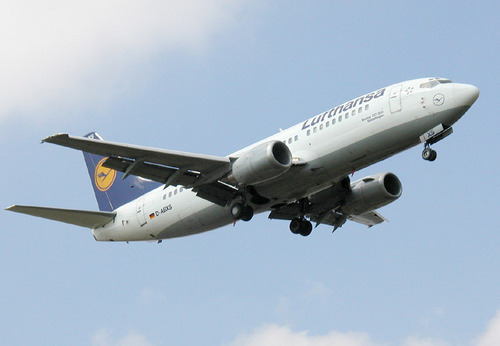
From November 21st to November 28th Ed Wolf documented his trip to the Side-By-Side LGBT Film Festival in St. Petersburg. Catch up with Part One, Part Two, Part Three, Part Four, Part Five, Part Six, Part Seven, Part Eight.
Part Nine: Thanksgiving
Thursday, November 28th, 2013
There’s a small group of us left, standing in the freezing night air. The security guards head up the street and disappear. I couldn’t tell if they were relieved that the screening wasn’t interrupted or just happy to be headed home. It continues to be a powerful and humbling experience not to speak the language, constantly having to depend on my own ability to discern what is happening, understand the nuance in so many interactions that are playing out in front of me. We decide to find someplace to get warm and have something to eat.
It’s late on a Wednesday night in St. Petersburg and a lot of restaurants are closing. We find an upscale self-serve café that welcomes us in and we squeeze behind a table and a booth that have been pushed together. Manny and Gulya, the primary organizers are there, as well as Massa and her partner, the women that translated “We Were Here.” Bard and I sit together, with a journalist across from us. Vika, who is one of the film festival jury members, sits on my right. She pulls out a sketchbook and begins to draw. There’s a handsome young man who sits across from Vika, someone I noticed the very night I arrived. I’ve had a bit of a crush on him the whole week and now here he is, within reach.
We eat, drink beer, relax, relieved that there were no bomb scares, that the discussion after the film was so well attended. I look at my watch; I’ll be on the plane, heading home, in about four hours. The handsome man across from me, I think his name is Rasa, tells me that he can remember watching Gus Van Sant’s “My Own Private Idaho” on television in 1994. He said that watching that film as a young man made him feel that everything could be possible for him and the emerging queer community of Russia. But then things changed and his hopes were replaced by fear. I acknowledge his constant presence at the festival and the many ways I saw him supporting the event. He shrugs, says he’s only a volunteer. He says he’s afraid to be out, that he needs to be careful how and who he is in the world. I reach out and touch his hand.
We all talk about what it is that...
You have reached your article limit
Sign up for a digital subscription and continue reading all new issues, plus our entire archives, for just $1.50/month.
Already a subscriber? Sign in




